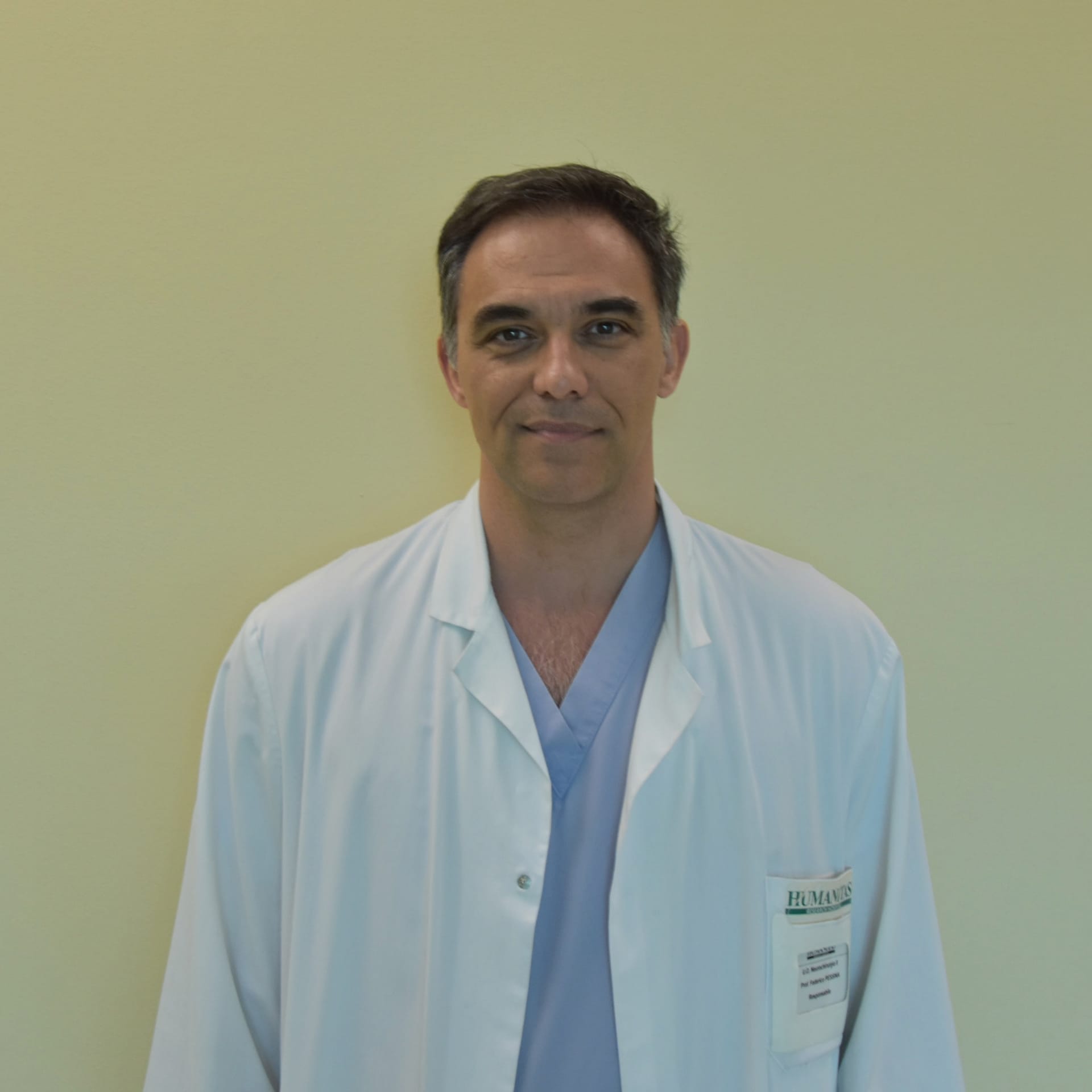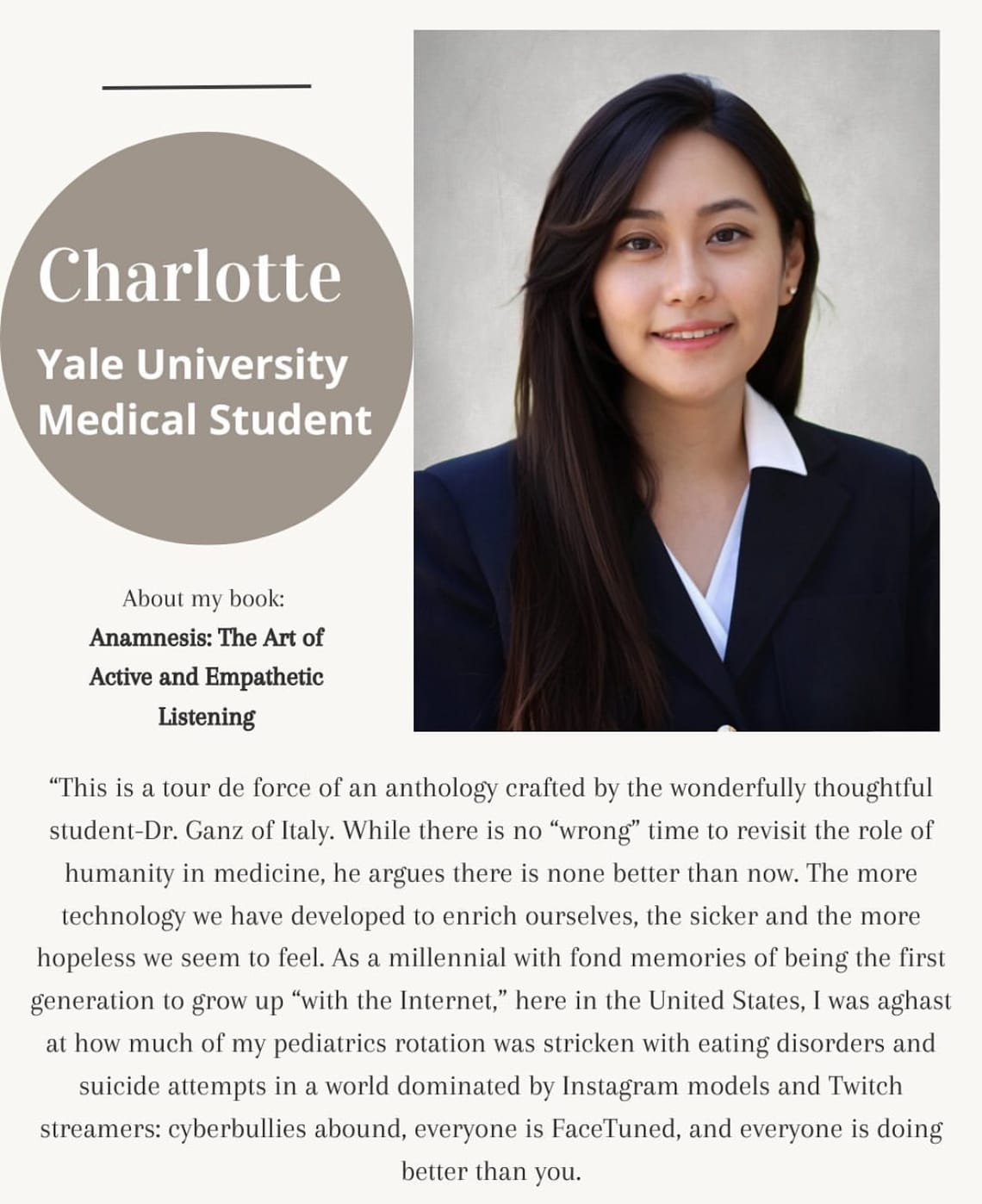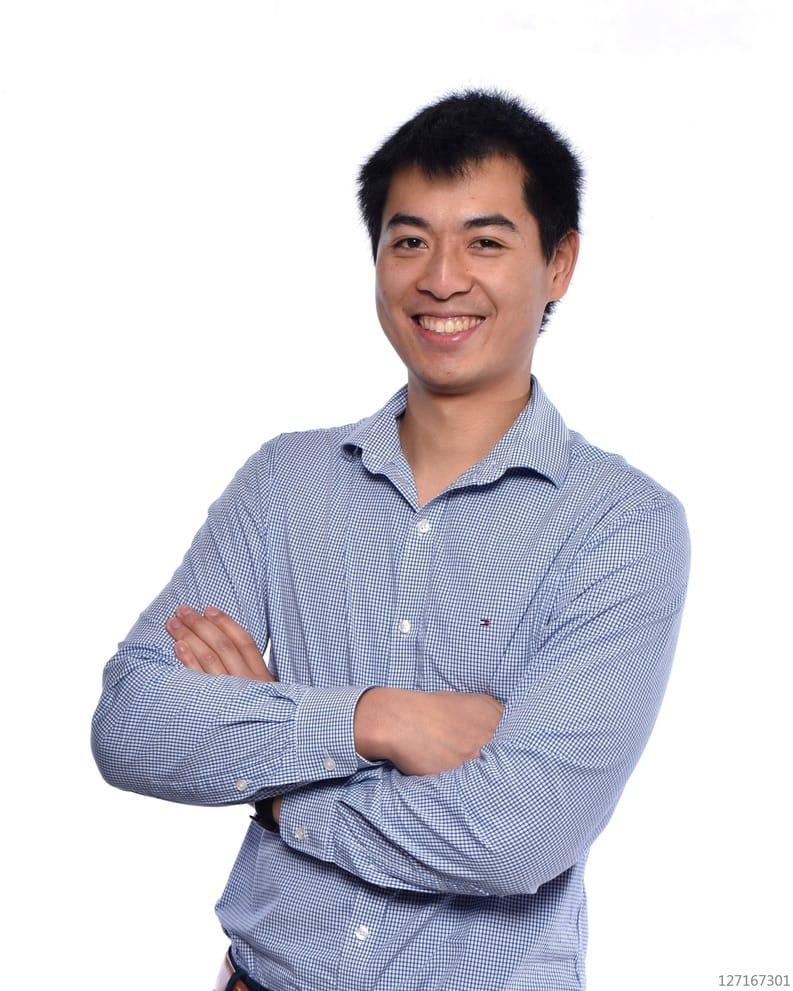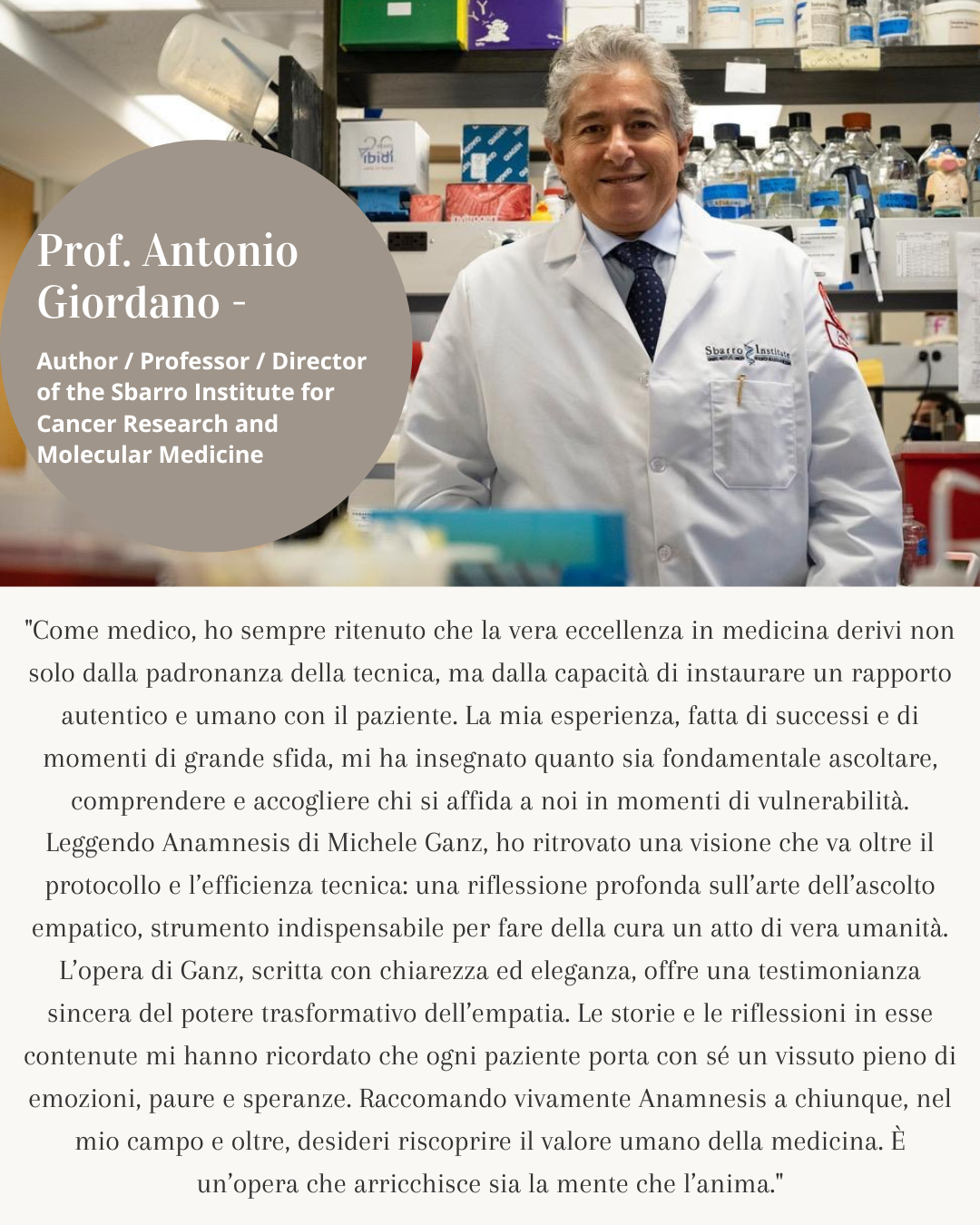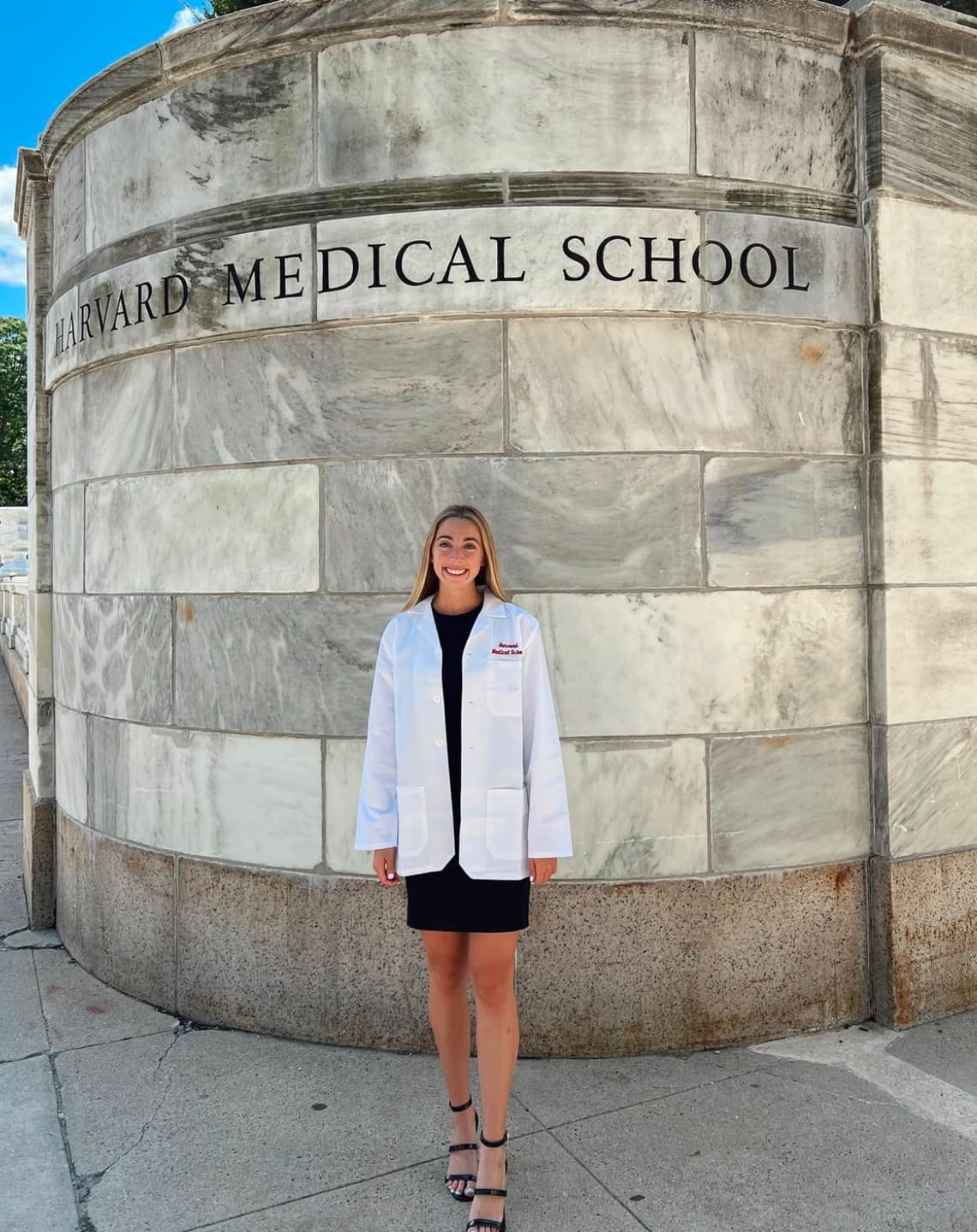Full Professor in Neurosurgery
Chairman Cranial Neurosurgery Unit – Neurosurgical Oncology and Skull Base Surgery – Humanitas Research Hospital
Director Residency Program in Neurosurgery Department of Biomedical Sciences – Humanitas University
Rozzano, Italy
“Whispering Empathy”
I have heard the term empathy mentioned thousands of times throughout my academic and professional career, dedicated to the treatment of all central nervous system pathologies, both oncological and vascular.
From patients, indirectly, without clearly naming it, whispering it as if it were the hint of a hug. From colleagues, who recognized it, observing it from the outside, in the interaction between me and the patients and their family members.
Named by students, as if it were a skill to develop, a technique to be refined just like dissections in microsurgery.
And I realized how much I loved this term, which I actually consider an inclination, when it was whispered, when it was evident in actions, in a hinted hug at the time of a patient's discharge, in their sharing something personal even after a long time. And how much I detested it when I was asked for a definition, a qualification of its characteristics, a technical quantification.
The doctor-patient relationship is not an equal relationship. And not for the reason one might think, that on one side there is a detached professional and on the other a sick person. Quite the opposite. Because while on one side there is a professional with all his personal and professional characteristics, on the other there is no longer the person he once was; but an individual whose emotions, fragilities, hopes, trusts, fears for tomorrow, are accelerated a thousand times over, taken to the extreme.
The human being at the peak of their fragility and therefore more true.
More true than a wife or husband may have ever known, stripped of any need to be responsible and a leader in their personal life because they are deprived of certainties by a simple diagnosis. This is precisely the role we doctors, we surgeons, play.
Trying to replace, in a moment of extreme fragility, even a role of strength and responsibility that temporarily a patient who relies on us is not able to observe. And without understanding this, we cannot even begin to talk about relationships.
Relativizing: the above-mentioned support is indescribable. Differences in character, personal habits, social background, make it so that the facets in which to insert oneself to make the patient, in their anxieties and worries, feel entrusted to us are absolutely multiple.
And the most unexpected.
After many years, I have tangible evidence that the patient who begins to have doubts about their caregiver's work is not the one with clinical results below expectations, but the one who feels their requests for help are unheard. The current quantitative society would respond to this assertion by increasing the number of collaborators who check emails and answer phones. Without understanding that requests for help, for escape from loneliness, for understanding are emotional requests, they are the need to be a reference when only a response is needed to change everything, when an unexpected email on a Sunday makes you feel protected and better than your physical condition actually allows.
Yes, being a surgeon, dealing with oncological diseases, often in young people, must be all-encompassing.
Empathy, which I have managed not to name until now, is not needed for 10 minutes in an outpatient visit. It is not needed if we meet by chance in radiotherapy, a wink, how are the kids, and then back to routine.
It was perfectly described by Davide, a young patient of mine from Piedmont, who passed away a few years ago. I operated on his cerebellum. He wrote a book about his illness. A determination, an irony that I have rarely seen in my life. At the end of the book, he thanked his dearest friends one by one. Lastly, he wrote my name, commenting: he is not a friend of mine, but when I need him, I receive a solution, often bad news but with the honesty of the best friends.
I am very afraid, uneasy. Especially when students, residents ask me about empathy. I am terrified because I consider it an inclination of the soul, a personal, intimate characteristic, often derived from an exclusive relationship with one's family and loved ones. And I understand that some of them think it is something that can be taught in a course, in a laboratory. Even with a grade, perhaps.
Mechanistically, it now also becomes a topic of discussion in universities, simulations (extremely fashionable) are carried out for correct terminology, correct relationships, correct communications.
For this reason, I believe that one of the most burdensome tasks of the academic community in Medicine and Surgery is precisely to be able to carefully evaluate their young disciples and guide them.
But not only to surgery if they have a good hand. Also according to emotional and character characteristics. To hypothesize with what type of diseases, targets, and patient ages they will interact daily, how much their passion will be able to transform into an inclination of their own soul, not of the professional, and that therefore no university will be able to teach.
Men and women before professionals. And empathy will be enough to whisper it.”
